by Lisa La Nasa, founder of diaVerge Diabetes
It’s time for New Year's goals and resolutions.
Today, I'm pulling back the curtain and showing you more about my life outside of diabetes management and social media.
Here's something you may not know about me:
I love textiles and fiber arts.
Sewing is my first love, and comes more naturally to me.
Knitting, though, has been an enigma (a mysterious, difficult, frustration) that I really want to change.
After 15 years of years trying to knit, with small projects here and there, sometimes finishing, sometimes not, I've decided that 2023 is my year to really get good at knitting.
I'm committed to honing my skills and I’m dedicating the necessary time to do so.
Lisa with a ball of yarn and new knitting set - and an unedited, unusually elongated head 🤣
In fact, I have a brand new set of knitting needles that I received for Christmas (thanks, Mom!), and I'm finally using up some wild multicolor yarn that I've had in my office/craft closet for the last 2 years.
Since I've knitted small projects previously but haven't been consistent with it, I have to start over each time and re-learn what I’ve forgotten.
I'm going for the gusto this time. No more taking years off and then expecting to pick it back up again. I'm going for something that I have to devote the time and effort to complete, that is a challenge and will build my skills.
I’m knitting a sweater.
This will take many weeks, and I need to devote the time every single day to get it done. To ensure this happens, I've scheduled it in my calendar. There’s a block of time every day for knitting.
This is not just a hobby. It's personal development.
It's learning and mastering a new skill.
It’s being comfortable with the discomfort of being a beginner.
It's practicing and learning from missteps.
It's building consistency and doing it every day whether I feel like it or not.
And that's exactly what we need to do to build new habits and skills.
The bottom ribbing of my new sweater.
Plus, it’s setting an example of commitment and follow-through for my 10-year-old daughter who also wants to knit.
AND, it’s quality time as we chat while we knit together.
Diabetes management is also a skill — but it’s one that we don’t often think of in the same way.
As a result, this is not something that most people devote the time to mastering.
Even though we might have been practicing diabetes management for years, most of us only learn bits and pieces, then wonder why we’re not achieving the same results as people on the internet who make it look so easy. But that’s not fair for anyone because we’re comparing our starting point to others mastery.
The truth is, it’s rare that people with type 1 will ever dedicate the time needed to improved diabetes management.
If you’re one of those few, and improved health (and diabetes management) is on your goal list for 2023, start here:
Commit to making improved diabetes management a daily practice
Read Dr. Bernstein’s Diabetes Solution book. If you’ve already read it, read it again. ;)
Schedule time in your calendar DAILY for learning and putting information into action.
Review your data OFTEN (using Dexcom Clarity, Libreview or other program of your choice)
Adjust your inputs when needed (quantity and/or timing food, insulin & exercise)
Seek out help such as an accountability partner who can give you a friendly nudge and help along the way when you don’t feel like doing the work
We all have the power to see what parts of our lives may need attention, and focus our efforts on learning and growth.
It requires commitment, time, and focused action to make improvements. Just don’t leave your future up to chance.
If you want to skip past many of the learning steps (and potential missteps) or you know you need accountability, structure and professional guidance along the path to improved health and habit formation, we can help.
diaVerge offers customized 1:1 coaching options and our flagship Diabetes Redesigned Membership (where you’ll get lifetime support and a Success Guarantee).
If you’re ready to build the habits of improved diabetes management, schedule a no-pressure call with me so I can learn more about you, your experiences with diabetes, and what might best help you reach your goals.







Observations of a decade of low carb for T1D management. Has it been worth it? What are the regrets? And what has changed in that time.